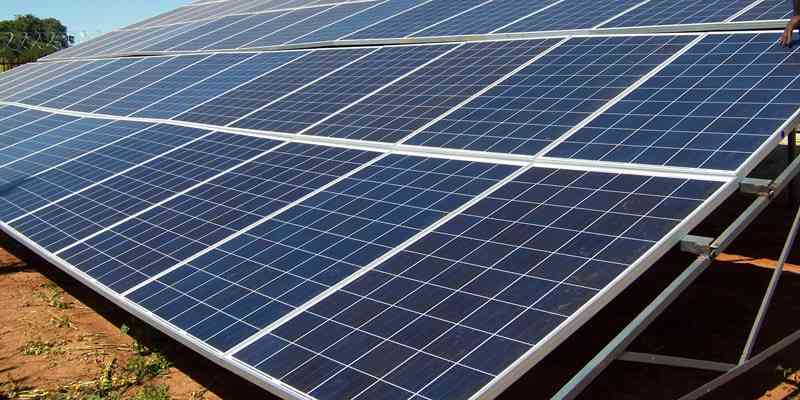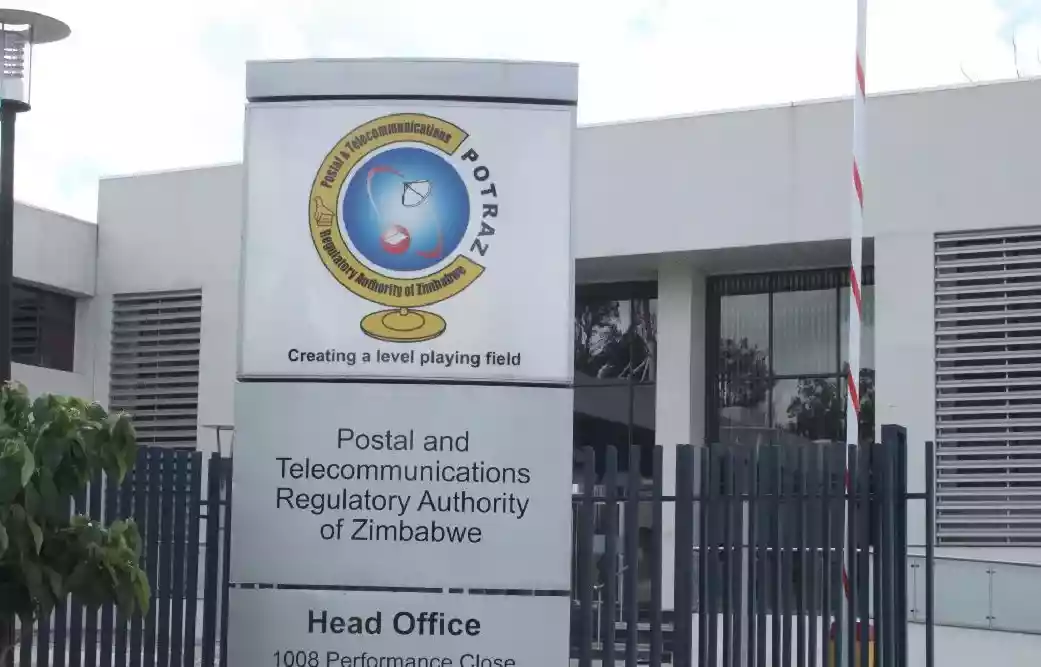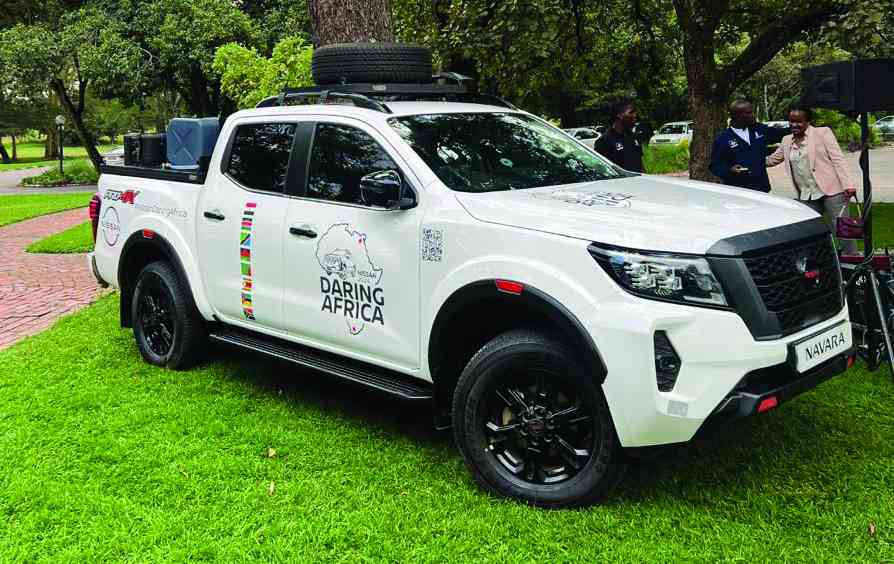
LISTED agro-industrial outfit CFI Holdings Limited has rolled out a programme to install solar systems at its establishments, with 44% of shops already using the power source, businessdigest can report.
In the medium to long-term, the group plans to invest in solar farms to sustain its manufacturing activities, according to CFI’s 2023 sustainability annual report.
“The group has been focused on cleaner sources of alternative power. The group has rolled out a programme to install solar systems for shops and offices, with 44% of shops already using the power source by year-end,” the report reads in part.
However, CFI did not disclose the total cost of the project.
Businesses are tapping into sustainable and renewable energy sources to reduce reliance on conventional power systems, especially hydro, which is prone to droughts.
Companies, like Padenga, Ariston, Tanganda, Econet, Dairibord, and Schweppes, have made efforts towards establishing alternative sources of energy, such as solar for their operations.
The power situation is set to worsen this year on account of extreme weather conditions, affecting hydroelectric power.
According to the Confederation of Zimbabwe Industries, operations continued to be hamstrung by electricity deficits and prolonged hours of power blackouts.
- Tarakinyu, Mhandu triumph at Victoria Falls marathon
- BCC, HCC adopt results-based ambulance services
- Water rationing looms in Bulawayo
- Building narratives: Chindiya empowers girls through sports
Keep Reading
CFI, however, said it still relies on the Zimbabwe Electricity Supply Authority (Zesa) for most operations.
It indicated that diesel powered generators are mostly used to work as an alternative to Zesa during load-shedding.
It also uses liquified petroleum gas mostly for cooking. This option is cheaper than using electricity and is a more reliable source, especially with the prevailing power cuts.
One of CFI's units, Agrifoods uses coal to operate its boilers and kitchens. The report said management had been tasked with investing in more efficient sources.
The group said climate change is one of the biggest challenges affecting humanity today. Increasing global warming and erratic rainfall patterns are of concern to the group, mainly affecting its farming operations.
“As such, these material issues are actively tracked. Starting FY2024 (financial year 2024), the group will track the carbon footprint for all its business units. Furthermore, our engineers are tasked with facilitating the group's migration towards renewable energy as evidenced by the deployment of renewable energy to our retail division,” the report reads.
“The group offsets emissions through solar energy, thereby proving that a green economy is possible. We shall report our full carbon footprint in FY2024, as the group looks to train employees on identifying emission sources, activity data, emission factors and methodologies for calculating carbon footprints.”
Tanganda for instance has invested in green energy through the installation of three independent battery-supported solar energy plants at three of its five estates.
The total maximum production capacity of the three plants is 4,4 megawatts (MW), made up of Ratelshoek Estate generating 1,8 MW, Jersey Estate generating 1,4 MW, and Tingamira Estate generating 1,2 MW.











